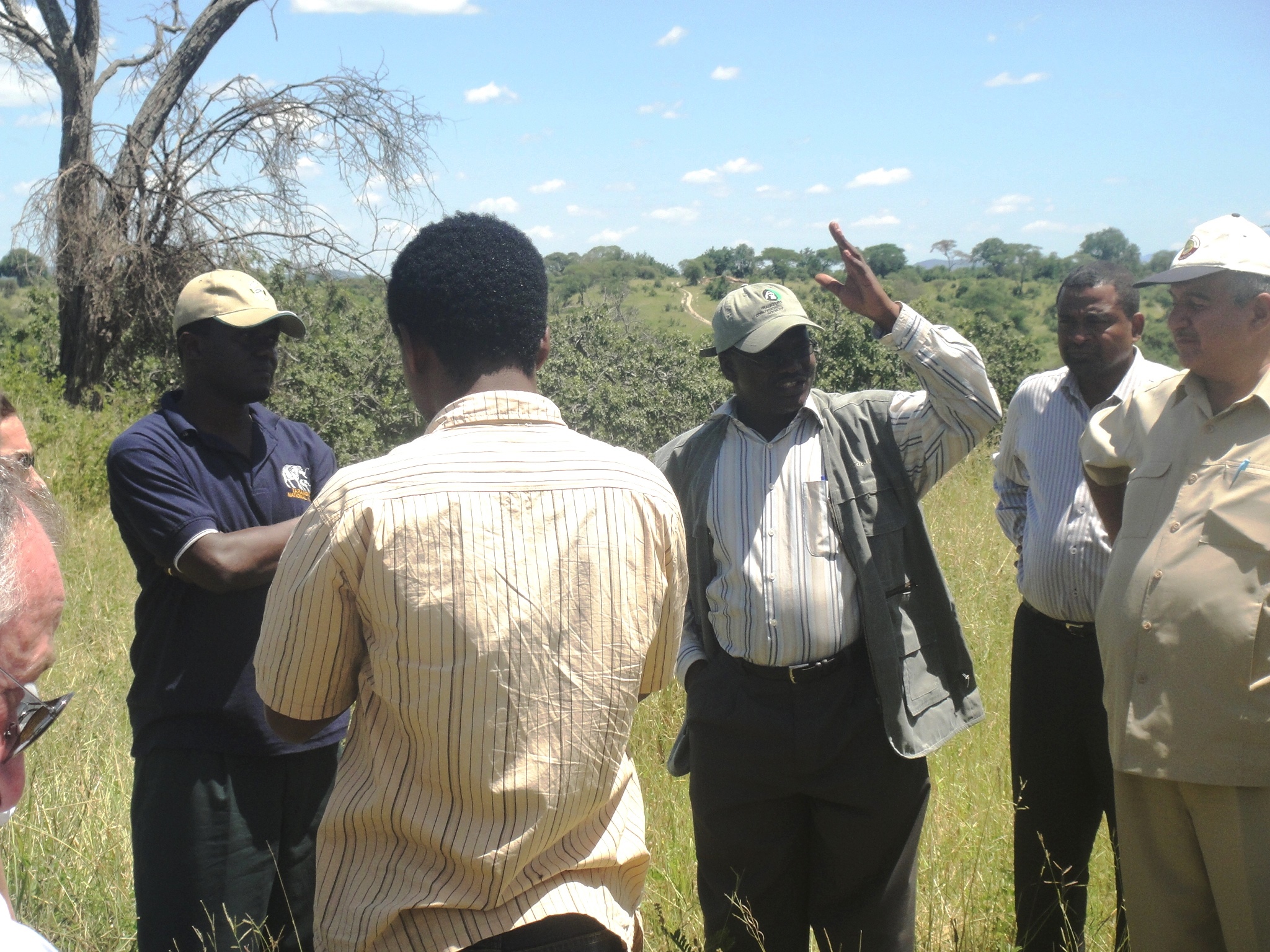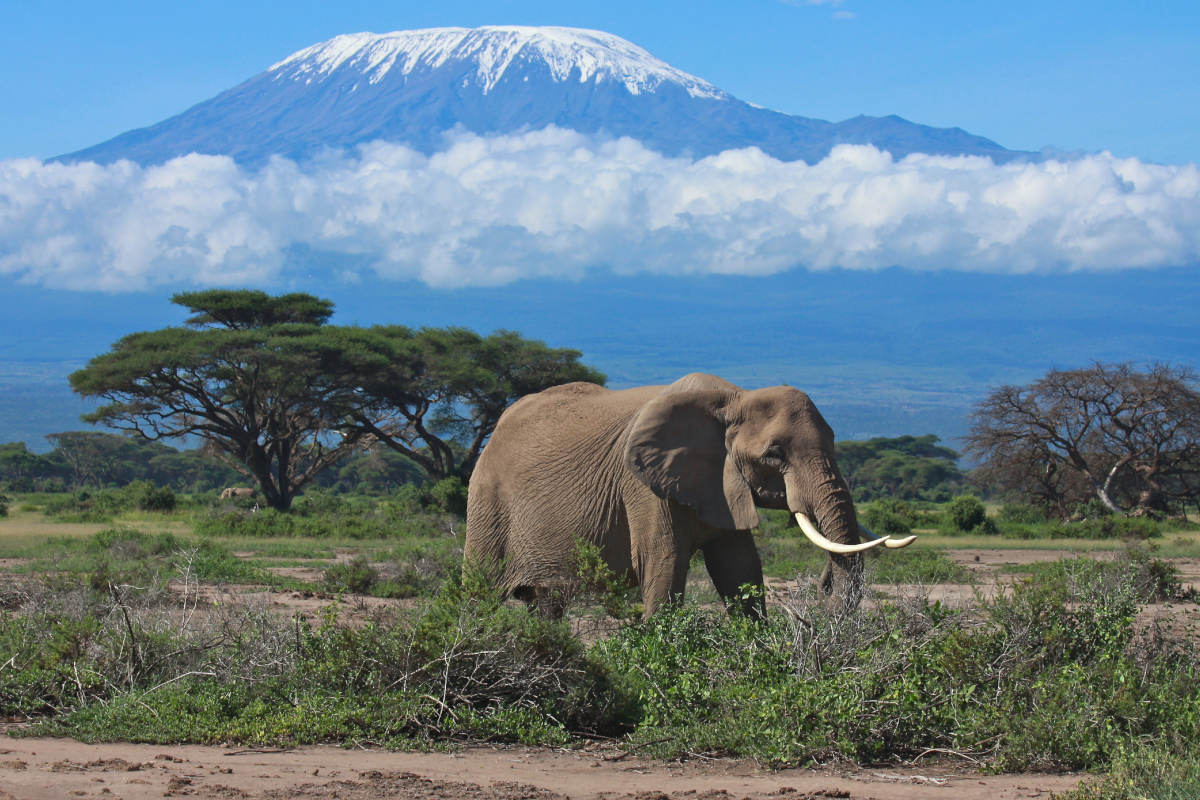The second training workshop for the OIE national Focal Points for wildlife was held in Amboseli National Park, Kenya, from 4 to 6 October 2011. The workshop was opened by Mr Kenneth Lusaka, Permanent Secretary of the Ministry for Livestock Development, Kenya. The first training workshop was held in Arusha, Tanzania, from 16 to 19 March 2010. The second workshop was organised jointly with the OIE and the Canadian Cooperative Wildlife Health Centre, one of the three OIE collaborating centres for wildlife. Participants from English speaking African countries attended this meeting i.e. Angola, Botswana, Egypt, Ethiopia, Gambia, Ghana, Kenya, Lesotho, Malawi, Mozambique, Namibia, Nigeria, Rwanda, Sierra Leone, Somalia, Sudan, South Sudan, Swaziland, Tanzania, Uganda, Zambia and Zimbabwe.
The training aimed at improving the reporting of wildlife diseases to the OIE so as to fulfil one of the objectives of the Organisation : to ensure transparency in the global animal disease situation, including zoonoses. To this end, the agenda of the workshop was organised as follows :
- (i) A group of presentations related to the OIE (general organization, OIE national focal points and their precise role, key information related to the notification to the OIE and the fact that it is compulsory for members States, overview of the terrestrial animal and aquatic animal health codes and manuals, OIE expertise focusing on the OIE world reference laboratory and collaborating centers).
- (ii) Nearly two days were allocated to the OIE Collaborating Centre for wildlife diseases. They were divided into two sections : methodology on general surveillance and on targeted surveillance on wildlife diseases.
- (iii) Practical training sessions. During working groups related to general and targeted surveillance, case studies illustrated what focal points should know and do. A paper document and electronic training materials were provided to participants at the beginning of the seminar so as to be used during the working sessions to facilitate discussions between experts and participants. The OIE focal points for wildlife were also trained on the use of the online WAHIS-wild reporting system, the new component of WAHIS dedicated to wildlife diseases, the world animal health information system, both in terms of proficiency in the use of the software and in reporting wildlife animal diseases.
- (iv) New developments in wildlife management and what can be done to improve wildlife diseases surveillance focused on the African wildlife problems and gave options to improve the collection of sanitary data related to wildlife diseases through the surveillance networks.
- (v) To conclude the seminar, OIE wildlife activities, future prospects, agenda of forthcoming training workshops for OIE focal points for wildlife and recommendations of the World Conference on the wildlife held in Paris in February 2011 were presented
The meeting was very interactive and participants expressed their complete satisfaction with the experts of the Canadian Cooperative Wildlife Health Centre. The second workshop for the OIE national Focal Points for wildlife will be held in Botswana (Nov 28th – Dec 1st) for francophone African countries.
All pictures © Antoine Maillard (oie) 2011, except where mentioned otherwise


